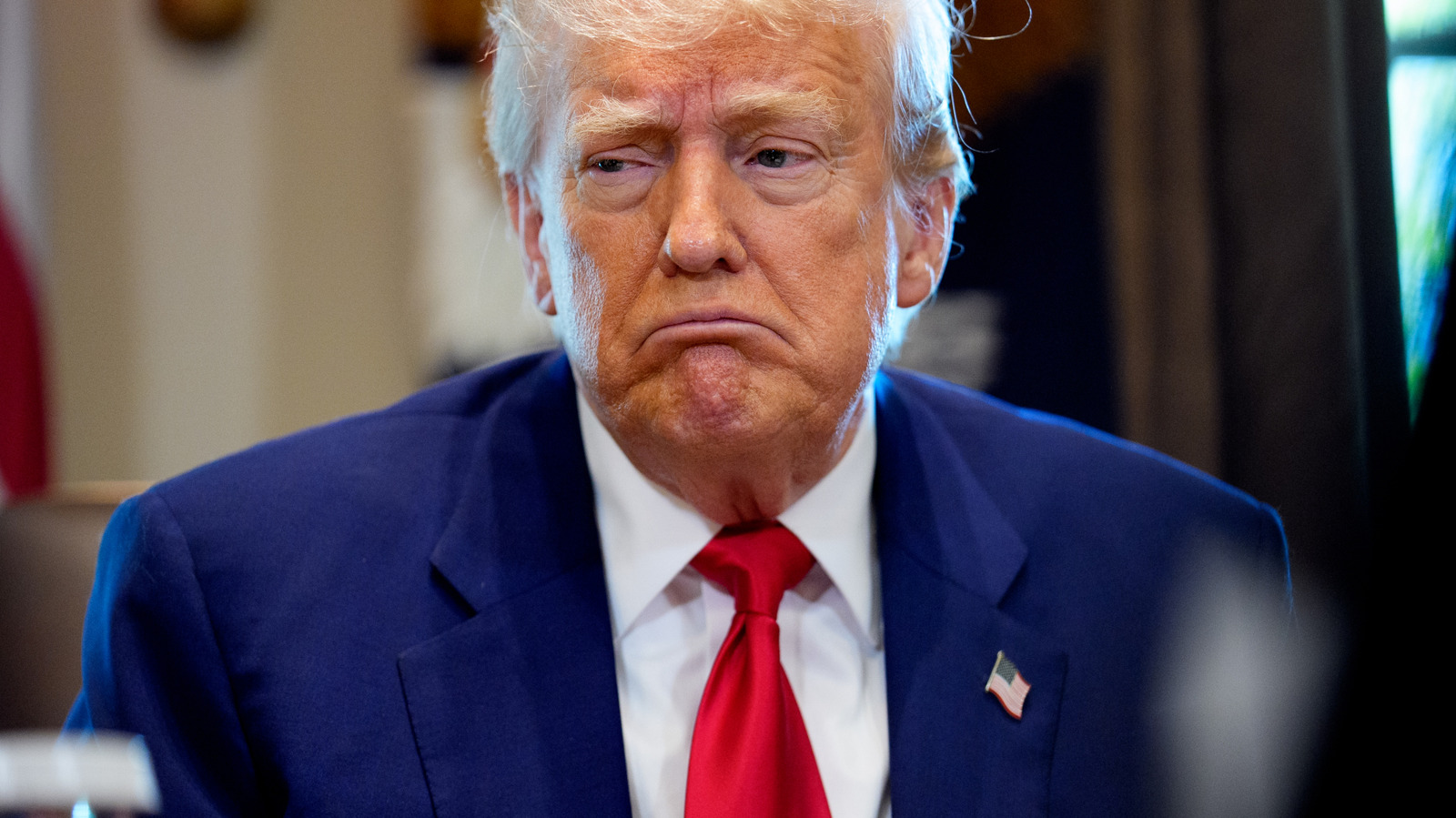
The initial reaction of shock to Trump’s tariff announcement soon gave way to a prevailing confusion as people asked, “How the hell would that even work?”
By definition, a tariff is a levy placed on the import of goods and is charged when they pass through customs. If you go on a Temu spending spree and buy a harness for your pet hamster or a pair of socks that make your legs look like chicken legs (both real items), those will need to be imported into the United States. In order for them to pass through U.S. customs, however, Temu must pay a levy, which is passed on to the customer at the time of purchase.
Advertisement
Film production, on the other hand, largely revolves around services rather than goods. By far the biggest expense in a movie budget is wages for the cast and crew. Other services — location rental, vehicle rental, music licensing, catering, accommodation — make up most of the rest. When goods are specifically purchased for filmmaking, like costumes or materials for set-building, they usually stay in whichever country they were purchased.
Trump’s announcement of “a 100% Tariff on any and all Movies coming into our Country that are produced in Foreign Lands” would make sense if movies were a physical item, but they’re not. They’re intellectual property. These days, the dailies from a film shoot can be sent straight to the editing team via the internet rather than shipping physical hard drives. Even if a movie is shot on film in a country outside the U.S. and the film reels are shipped back to the United States, no transaction is taking place; the studio is simply moving its own property from one location to another.
Advertisement
Not only is it a logistical challenge to place a tariff on services, it would also open up the possibility of retaliatory tariffs from other countries. The U.S. is the biggest exporter of services in the world and currently has a huge trade surplus in services (amounting to $293 billion in 2024). Stymieing international trade of services could be a disaster for the U.S. economy — and for President Trump personally, since his lucrative cryptocurrency business falls under the banner of money services.
The threat of tariffs was dismissed by the office of California governor Gavin Newsom, whose senior adviser for communications, Bob Salladay, told Deadline:
“We believe he has no authority to impose tariffs under the International Economic Emergency Powers Act, since tariffs are not listed as a remedy under that law.”
On Monday morning, the White House already appeared to be walking back the president’s announcement. White House spokesman Kush Desai told The Hollywood Reporter that “no final decisions on foreign film tariffs have been made.”


